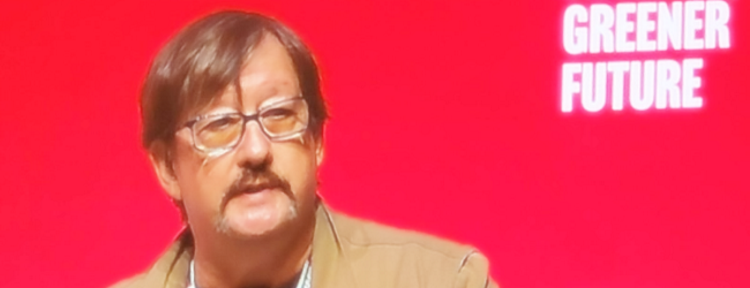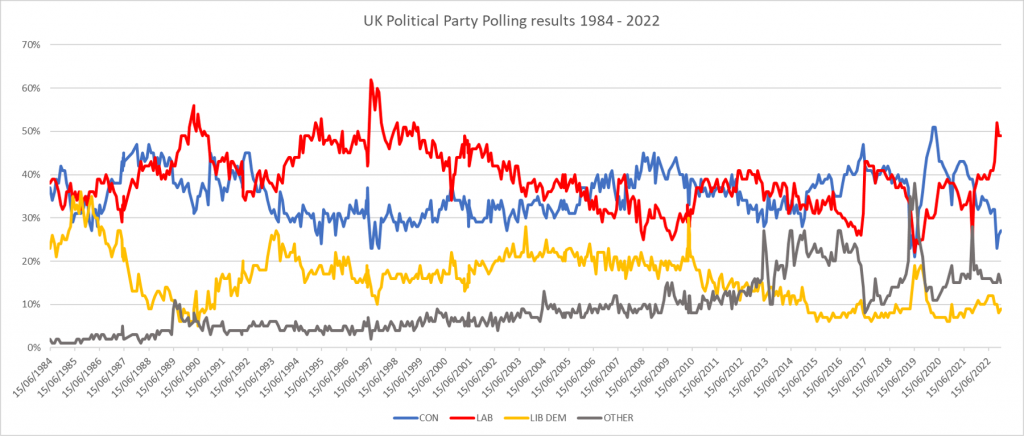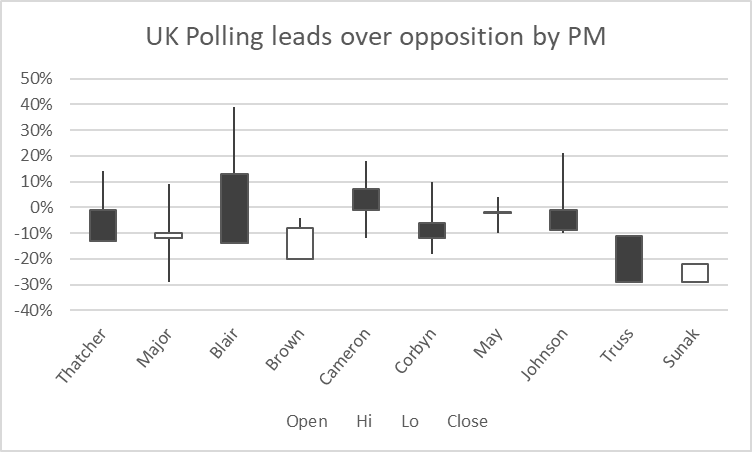So Ukraine gets Tanks. Lots of Tanks, well not so many but let’s see what Poland does. I wrote this over a couple of week and wondered if it was worth saying and or if my readership wanted something like this, but the Guardian ran a similar story so I decided to go-ahead.
Two weeks ago the UK Government, agreed to send a dozen 20 year old tanks to Ukraine. Ukraine had been asking the German government for permission to take the German Leopard from Poland and it seems the UK offered some of theirs. The Challenger 2 has a different gun to the rest of NATO, the British Gun is not designed for anti-tank use, and will require specially trained personnel. It’s possible that Ukraine would prefer the Challenger because of its gun, as it is designed for infantry support but there are reasons that we plan to replace them; the age of the vehicles and the technology being two reasons.
And the jets? The UK has two warplanes in its inventory. The US F35 Lightening and the Euro-fighter, Typhoon. The former might be best obtained from the US as the ones the Brits have bought have been customised for specific purposes i.e. STOL although this may make them suitable to perform the role for which Ukraine is asking for F16s. Both are multi-role warplanes, but the British are still acquiring the planes from the US as we do not have enough, although the need is alleviated by the Prince of Wales’ reliability problems.
This leaves the Typhoon. The oldest of the Typhoons in service with the RAF were optimised for air-defence and have a weaker air-to-ground capability. The Typhoon is a notoriously hard plan to fly and will again, require long training periods but it is in use with the German, Italian and Spanish air forces. It’s highly likely that to let the Typhoons go to Ukraine, will require the permission of Germany Italy and Spain, our development partners. Most of its users are considering replacements. Do Ukraine really want 15 year old Typhoons, although 15 years is not so old for a warplane and they want planes for air-to-air combat against planes and drones? (The Guardian’s sources disagree and think that ground attack is the priority.) Maybe, but they are asking for F16s. Can an air force the size of Ukraine’s cope with the logistics and personnel issues in flying two such warplanes, although its personnel cadre is roughly the same as the RAF and it flies two such planes.
This last fact shows the damage done to the UK’s defence capability by 12 years of Tory rule; the 2021 White Paper, with its ambition to return east of Suez effectively reduced our capability of defending our European allies. The reduction in the Army & RAF personnel and the reliance on US supply chains weakens the UK’s real defence capability and Brexit has weakened our capability of co-operating with other European powers in the extra-NATO European military co-operation regimes that the EU is slowly building.
While Sunak has asked the MOD to look at options for shipping warplanes to Ukraine they have also said only if it can be done safely for British lives and the Guardian reports that the MOD is not happy as the Typhoons are exceedingly busy. Will we give Ukraine the tanks and jets it’s asking for? Probably, but the gifting is more symbolic than effective, which is why Zelenski is asking us for them.
All this militaristic bravado diverts from, and hides, the questions of Russian money in British politics, sanctions against war criminals, and support for the Russian peace movement and draft dodgers. Westminster is ignoring things we can do to help; we can and should do more than just ship the Ukraine some old shite we don’t need any more.
The featured image is CC0 from https://www.publicdomainpictures.net. …









